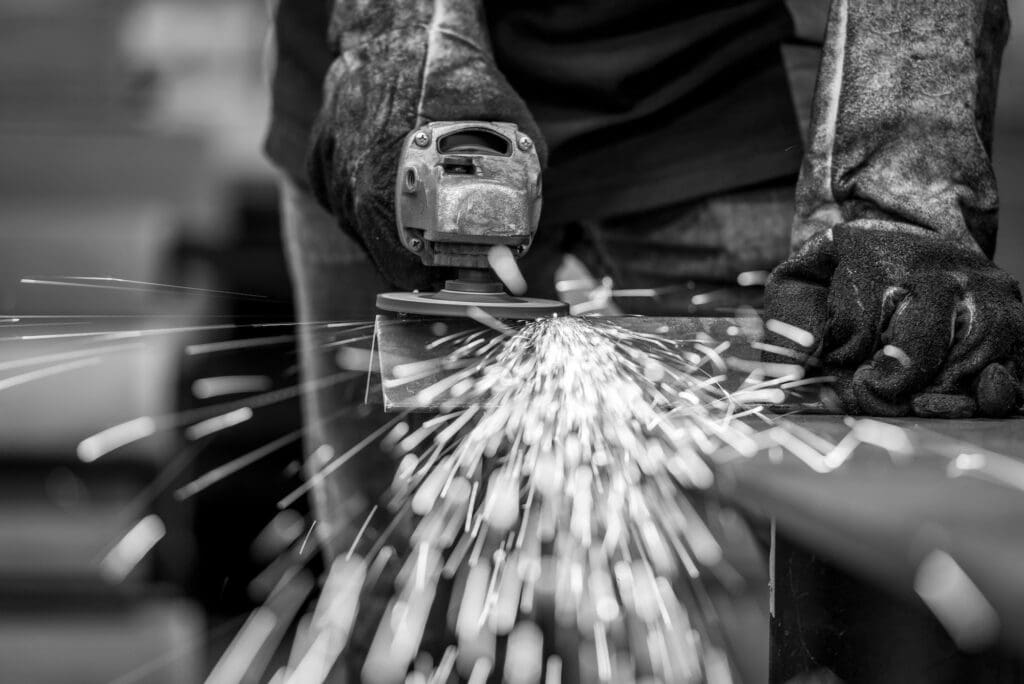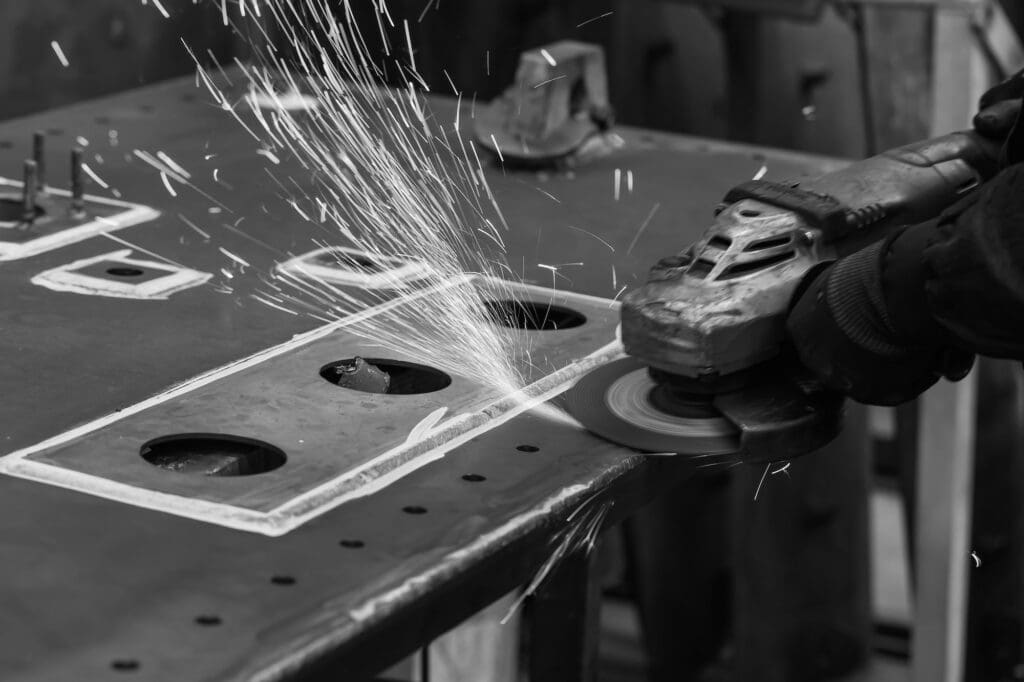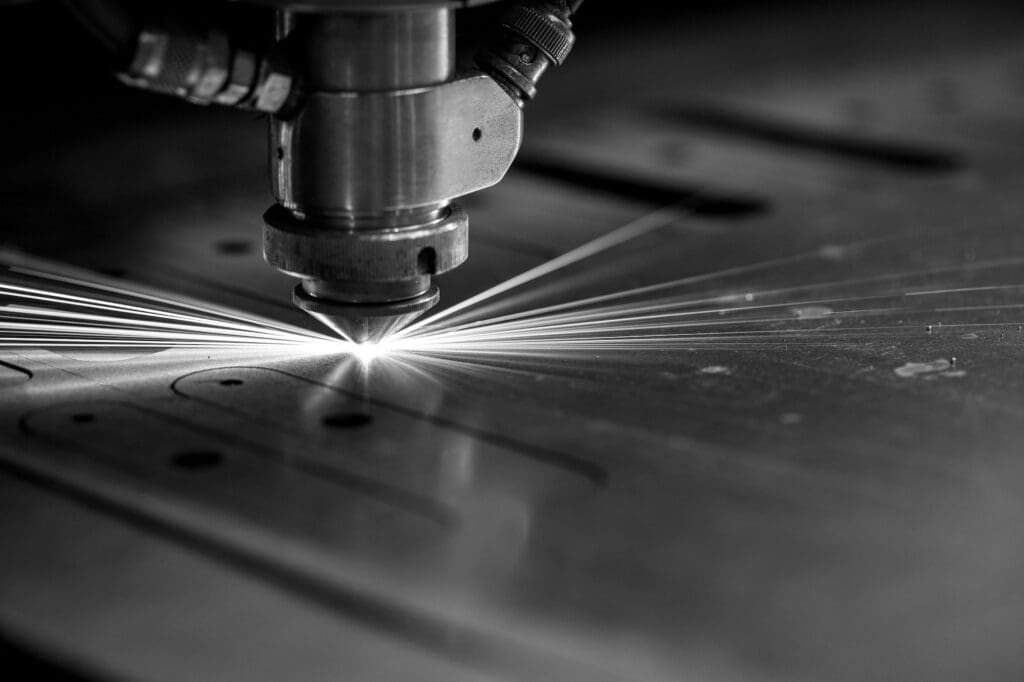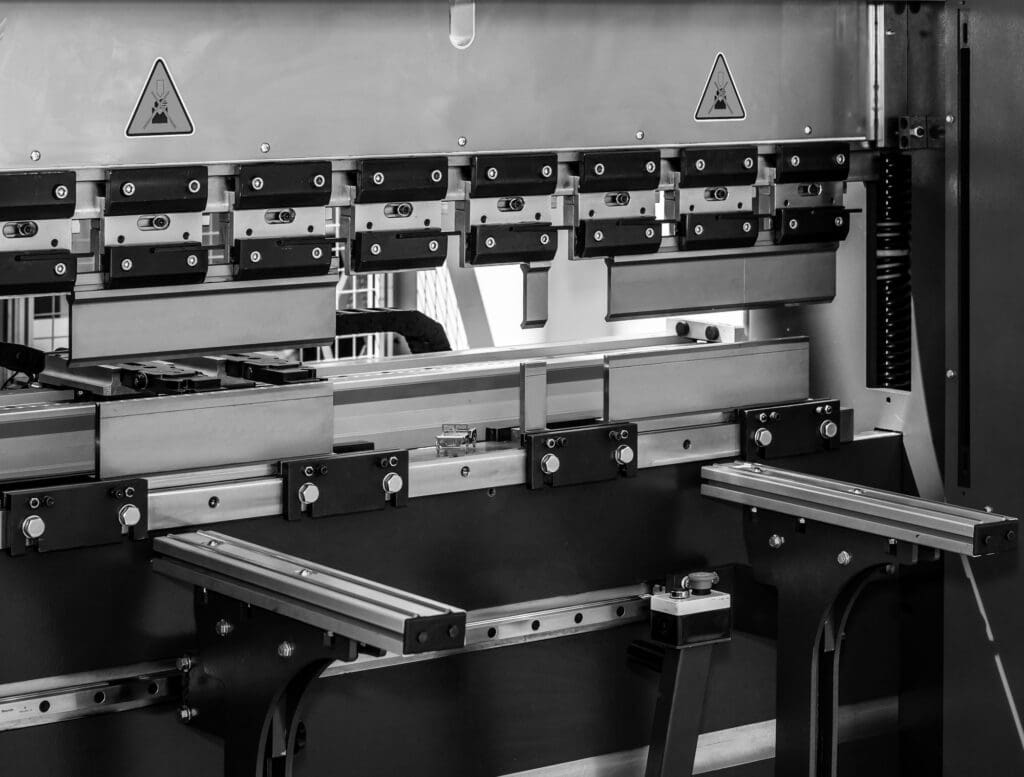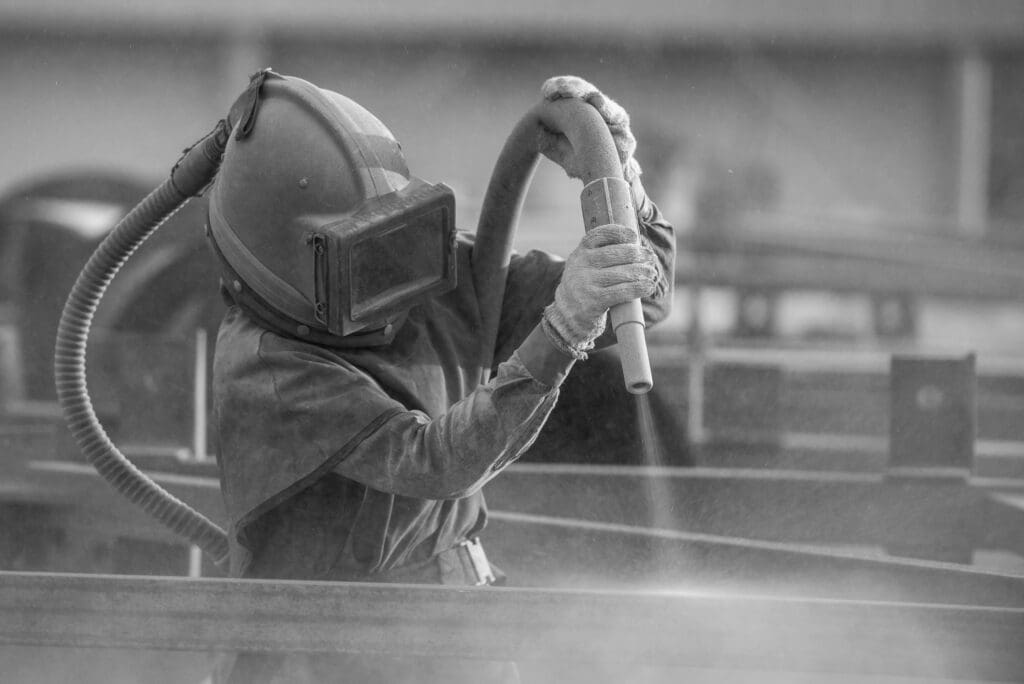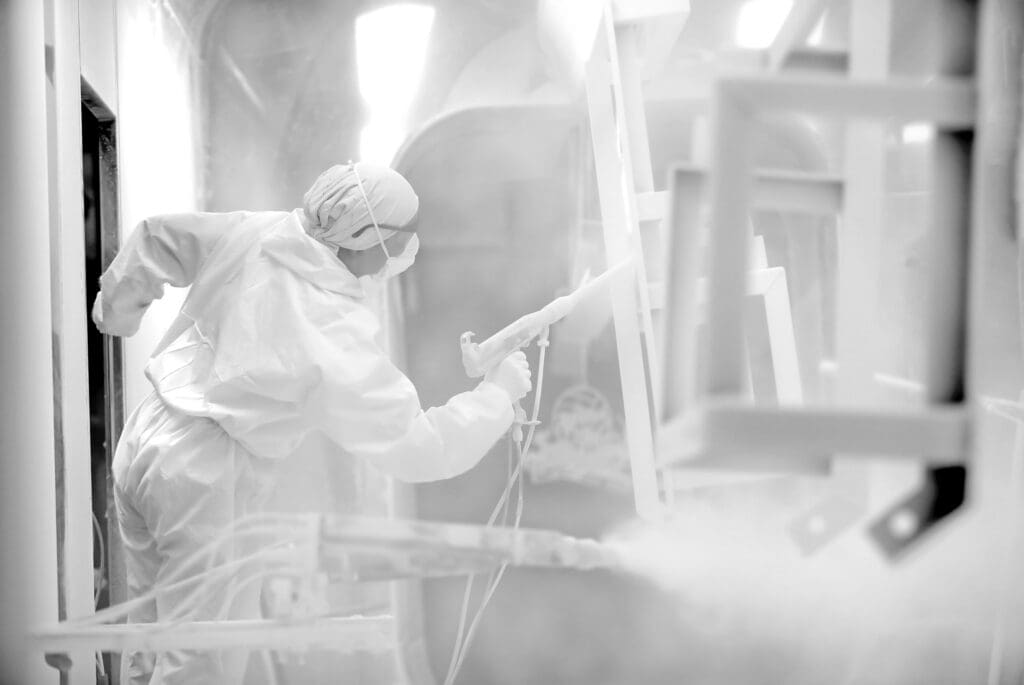Metal Forming Methods:
There are several common methods of metal forming used in commercial fabrication:

Bending
Bending is a process where a metal sheet or piece is bent along a straight axis to achieve a desired angle or curvature. This is often done using press brakes, where the metal is clamped and then a punch forces it to bend over a die.
Rolling
Rolling involves passing a metal sheet or strip through a series of rollers to progressively bend it into a specific curvature. This is commonly used to create cylindrical shapes or tubes.
Stretching
Stretch forming involves applying tension forces to a metal sheet to stretch it over a form or mold, resulting in the desired shape. This is often used to create complex curves or contoured surfaces.
Deep Drawing
In deep drawing, a flat sheet of metal is drawn into a die cavity to create a three-dimensional shape, often a cup-like or box-like structure. This process is commonly used to produce kitchen sinks, automotive panels, and various containers.
Spinning
Spinning involves rotating a metal blank against a mandrel while applying pressure, resulting in a symmetrical and often cylindrical shape. It's frequently used to create items like bowls, lampshades, and satellite dishes.
Stamping
Stamping is a high-speed process that uses a die and a press to cut or form metal into specific shapes. It's used for mass production of parts like brackets, clips, and connectors.
Hydroforming
Hydroforming uses pressurized fluid to shape metal sheets or tubes into complex shapes by forcing them against a die. This technique is often used for producing lightweight, structurally efficient parts.
Incremental Sheet Forming
This process involves shaping a metal sheet incrementally by using a tool that moves in small steps to gradually deform the material into the desired form. It's suitable for creating prototypes and small batches.
Embossing and Coining
These processes involve pressing a pattern or design onto a metal surface, creating raised or sunken features. Embossing is often decorative, while coining is used to produce precise, tight-tolerance features.
Each of these forming methods has its advantages and limitations, and the choice of technique depends on factors such as the type of metal, the desired shape, production volume, and cost considerations. Skilled technicians and advanced machinery are typically required to perform these processes accurately and efficiently in commercial metal fabrication operations.
Trust the professionals at cyCLOps for high-quality results.
When your project requires attention to detail, high-quality output, and adherence to deadlines, cyCLOps has you covered. Our highly skilled technicians operate best-in-class technology to turn your plans into reality. Contact us today for a free quote.
